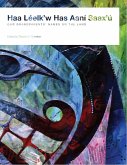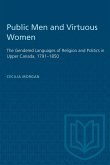Motoori Norinaga (1730-1801) believed that the intersection of time, language, meaning, and culture in the Kojiki had the power ro reveal the voice of archaic Japan. Japan's self-image was changed forever when Motoori's great commentary explicated its myth and song, thereby resurrecting an oral tradition which had been eclipsed by Chinese writing. Book 1 of the commentary outlines the nativist ideology and philological principles underlying the whole endeavor, and is key to understanding Motoori's contribution to literary theory, political thought, and linguistic investigation. The preface by Naoki Sakai grounds the significance of the work in the context of eighteenth century discouse, and Ann Wehmeyer's biographical introduction focuses on the development of Motoori's interest in the language of the Kojiki.
Hinweis: Dieser Artikel kann nur an eine deutsche Lieferadresse ausgeliefert werden.
Hinweis: Dieser Artikel kann nur an eine deutsche Lieferadresse ausgeliefert werden.








